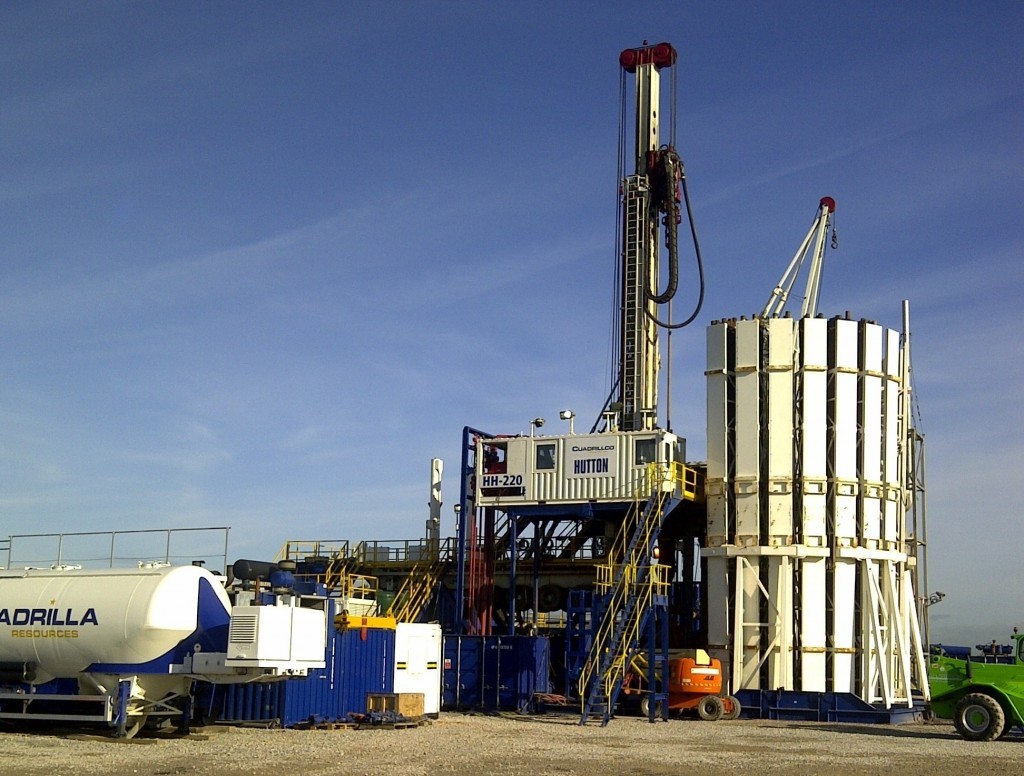
Fracking could reduce house prices, increase traffic and noise and damage the landscape in rural communities, according to a heavily-redacted Government report which has now been published in full.
The internal document – titled Shale Gas: Rural Economy Impacts – had several key sections obscured when it was published by the Environment Department (Defra) last summer in response to a request under environmental information laws.
Defra has now been forced by the Information Commissioner to publish in full the document, which reveals that potential negative impacts of the controversial process of fracking had been redacted.
Among the deleted sections were suggestions that house prices could fall by up to 7% in close proximity to shale gas exploration sites, while rental prices in the area could be pushed up by people coming to work on the developments.
Properties located within up to five miles from the fracking operation could face additional insurance costs to cover losses in case of explosion on the site, the study suggested.
While the redacted version of the report flagged up the jobs opportunities created by fracking, the un-redacted version sounds a note of caution, warning it was less clear how sustainable shale gas investments would be and if rural communities would be able to take advantage of them.
And according to the document, shale gas developments “may transform a previously pristine and quiet natural region, bringing increased industrialization”.
It adds: “As a result rural community businesses that rely on clean air, land, water, and/or a tranquil environment may suffer losses from this change such as agriculture, tourism, organic farming, hunting, fishing and outdoor recreation.”
The study also said that while domestic shale gas production could reduce emissions by replacing imports of liquefied natural gas (LNG), if that displaced gas was used elsewhere it would push up greenhouse gases globally.
Waste water from fracking operations could place a burden on existing treatment facilities, it said.
A Defra spokesman said: “We respect the independent decision of the Information Commissioner’s Office and have today released this paper in full.
“This document was drawn up as a draft internal discussion paper – it is not analytically robust, has not been peer-reviewed and remains incomplete.
“It does not contain any new data or evidence and many of the conclusions amount to unsubstantiated conjecture which do not represent the views of officials or ministers.”
Ken Cronin, chief executive of the UK Onshore OIl and Gas (UKOOG) pressure group, said: “It is a shame that this report has become such a cause celebre as it is merely a review of literature and brings nothing new to the debate or any new information in a UK context.”
Recommended for you
